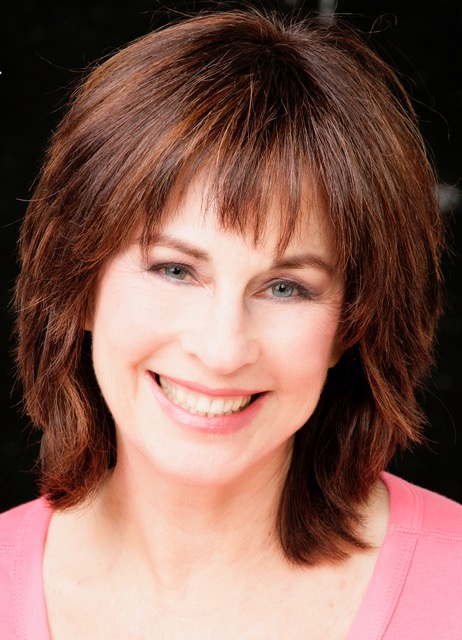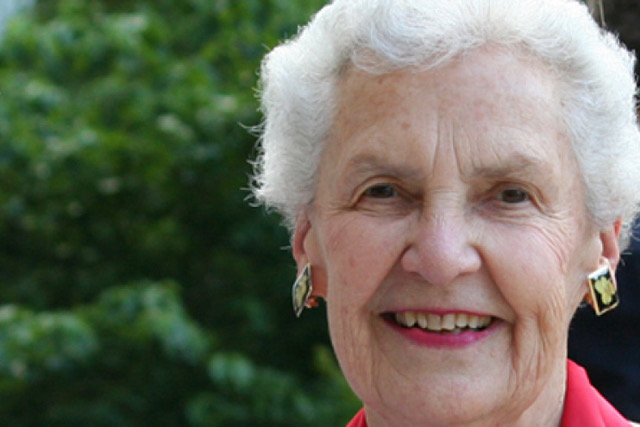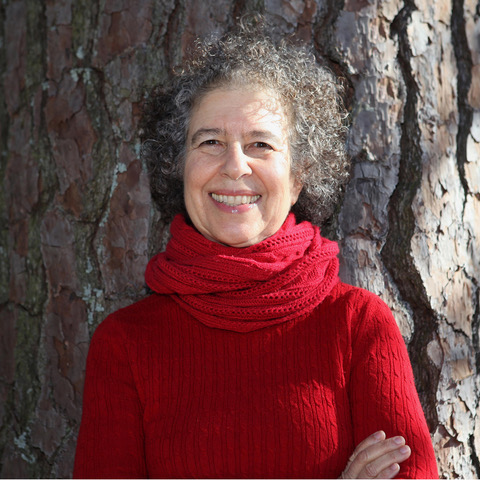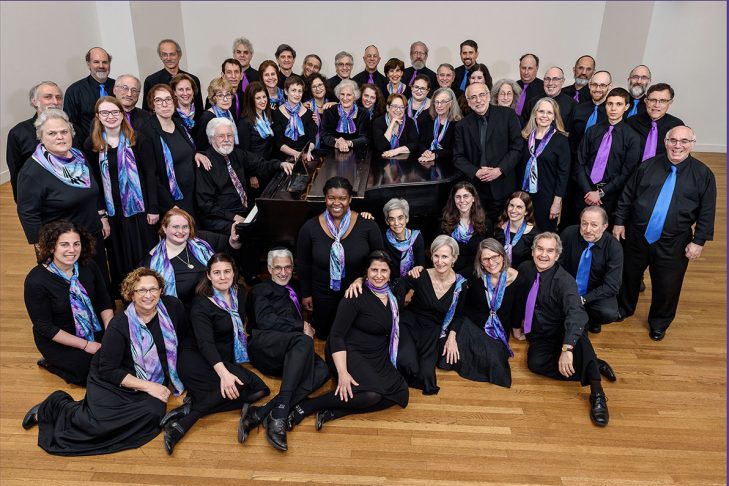Among the first things to be affected in the pandemic was live singing in choirs, concerts and religious services. Singing turned out to be one of the most virulent ways to spread COVID-19. Among the local Jewish institutions disrupted was Zamir Chorale of Boston. “We had to reinvent ourselves,” said Joshua Jacobson, the chorale’s founder and artistic director.
In this new normal, the chorale has continued its weekly rehearsals, albeit virtually. Coming together as a virtual choir was not new to Zamir and Jacobson. In 2019, the chorale celebrated its 50th anniversary with a virtual performance of Lewis Lewandowski’s “Halleluyoh.” For that concert, Jacobson recruited 150 singers to concertize remotely. The result was a spectacular gathering of voices from places such as Australia, Israel and Poland.
Kolot nashim is Hebrew for “women’s voices,” and Zamir Chorale’s concert considers that women’s singing and creative voices have been traditionally suppressed for centuries. As the situation slowly changes, the chorale uplifts four contemporary women composers’ works in what is the first of two performances. (The second concert is scheduled for May 25, 2021.) The Kolot Nashim series is dedicated to the memory of Linda Plaut, the longtime director of cultural affairs for the City of Newton. The series will also commemorate the 100th anniversary of the 19th Amendment, which gave women the right to vote. There will also be a tribute to the late Supreme Court Justice Ruth Bader Ginsburg. The four women composers who will be highlighted on Nov. 17 include Nurit Hirsh, Alice Parker, Meira Warshauer and the 1920s Yiddish actor Molly Picon. Jacobson’s interviews with the contemporary composers will precede the performances of their pieces. Israeli-born Nurit Hirsh has composed over a thousand Hebrew songs. Her best-known works include the rousing Israeli anthem “B’shana Haba’ah (Next Year)” and the ubiquitous tune to “Oseh Shalom.” The chorale will perform Hirsh’s “Boker Shel Zahav (A Golden Morning).” Typical of many of her pieces, the lyrics to “Boker Shel Zahav,” written by Shimshon Chalfi, came first, and from there Hirsh composed the melody. In her interview with Jacobson, the Tel Aviv-based musician noted that the tune quickly came to her. Alice Parker is a composer living near Springfield, Massachusetts. Among the nonagenarian’s notable compositions is a piece called “An American Kedushah.” The work is based on the words of the Kedushah from the Shabbat morning liturgy. Jacobson noted that the American Guild of Organists commissioned the piece, written for a cappella choir and female and male cantorial soloists, in the late 1990s. Parker is not Jewish but one of her students ably assisted her with the Hebrew. “Alice uses her unlimited imagination and bases [‘An American Kedushah’] on traditional Jewish melodies and chants,” Jacobson said. “‘Kedushah’ is also a bilingual piece in that every line is sung in both Hebrew and English.” About her musical inspiration, Parker explained: “I have to hunt for a text that gives me the beginning of an idea. I love that preliminary searching, and I love…teasing the melody out of the text and finding a form that allows the text to speak. That was essential in the ‘Kedushah.’ It’s this mixture of big voices—those beautiful quotations from the Tanach.” The premiere virtual performance of Meira Warshauer’s “Place These Words” is based on the second paragraph of the Shema. Warshauer interprets the words as: “Place these words upon your heart, and teach them diligently unto your children. Bind them on your hand, place them between your eyes, speak of them at home or on the way. Ahavah. Write them on your doorposts and upon your gates. So that you may live, you and your children on the land which God gave to your ancestors. Ahavah. For as long as the heavens are over the earth. Ahavah.” The inspiration for “Place These Words” came in 1991 as Warshauer studied Jewish environmental texts at a spiritual retreat. One day, after praying, she was drawn to a beech tree. As she hugged the large tree, she heard “a simple chant on the Hebrew word for love—ahavah. It was as if the tree were emanating love to me, and to all of humanity. And later, I realized this message was from all the trees, from all of creation, singing love.” “‘Place These Words’ has a crucial ecological message,” added Jacobson. “We have to be smart; we have to cooperate with the earth so that there will be many days, even into future generations, of heaven and earth.” The concert will conclude with a performance of “Oy Mame, Bin Ikh Farlibt (Oy Mamma, I’m in Love)” by Abe Ellstein and Molly Picon. It features violinist Dan Stepner and soloist Lidiya Yankovskaya. Jacobson said that Picon had a hand in composing the song; the piece draws attention to the violin and soloist parts acting out a “conundrum.” A young woman takes to the road disguised as a boy and falls in love with a violinist. She can’t reveal that she’s a woman but is so smitten that she is moved to confess her love. In addition to planning and conducting virtual concerts during the pandemic, Jacobson sends out a weekly email on behalf of the chorale highlighting mini concerts and related conversations. “We are trying to fulfill our mission in a way that can work under the current circumstances,” he said. Get tickets for “Kolot Nashim: Jewish Music by Women Composers” on Nov. 17 at 7:30 p.m. here.
Related







